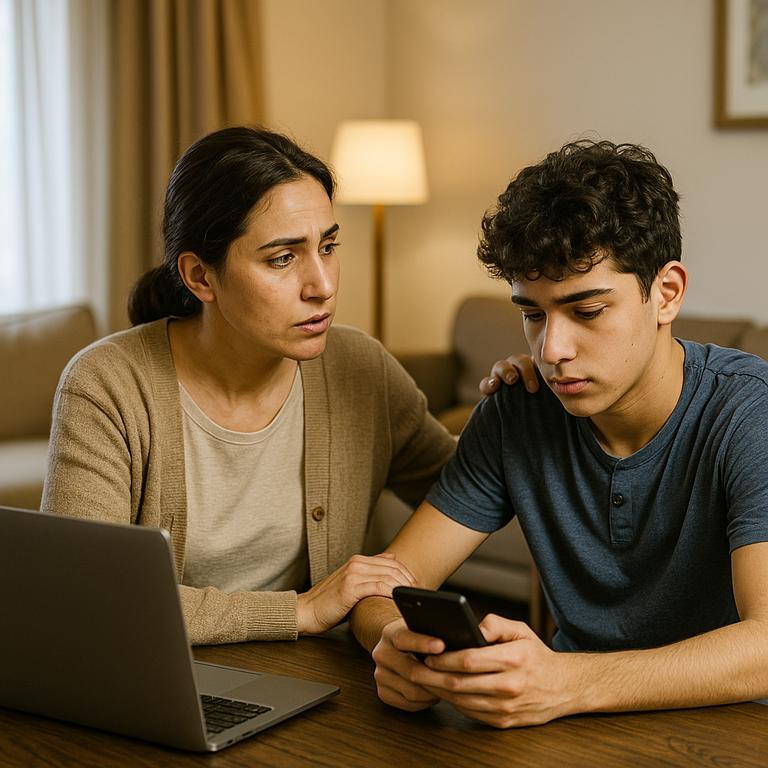Once upon a time, a “screen” was something you used to keep bugs out. Now it’s welded to our kids’ hands, and half the time we’re guilty of the same thing. A recent meeting of Egypt’s National Committee for Mental Health of Children and Adolescents made it clear that this isn’t just another parenting gripe; it’s a public‑health issue. The Ministry of Health’s spokesperson, Hossam Abdel Ghaffar, called addiction to social media and online games one of the most critical issues facing young Egyptians today. To tackle it, experts from universities and government ministries have formed working groups to offer scientific solutions and support. They’re not just preaching at parents; they’re rolling out early detection and prevention programmes through schools, clubs and even an online mental‑health platform, complete with a hotline for counselling. Officials say treating addiction isn’t optional; it’s a national security issue.
That may sound dramatic, but research backs them up. When scientists tracked more than 4,000 U.S. children from ages 9 to 11, they found that screen addiction—compulsive use, distress when devices aren’t around—predicts mental‑health problems far better than raw screen‑time does. Thirty percent of tweens showed signs of social‑media addiction and 40 percent were hooked on video games by age 11. Kids who struggled to log off were more likely to report depression, anxiety, aggression and even suicidal thoughts. The patterns varied: more girls were hooked on social platforms, while boys were drawn into games. In short, it’s not about how many hours; it’s about how those hours are spent.
So what does this mean for those of us trying to survive the teen years? First, take a breath. You don’t have to yank every device out of their hands; in fact, experts warn that a blanket ban can backfire. Instead, focus on quality. Is your teen mindlessly scrolling while homework languishes? Are they hiding in a game to avoid real‑world stress? Paying attention to context helps you spot “addictive” patterns—constant thinking about screens, the need for more time to feel satisfied and meltdowns when devices are taken away. If you see those signs, treat screens the same way you’d handle any unhealthy habit: set boundaries and create alternatives. Encourage hobbies that engage their hands and minds. Build face‑to‑face social time into the week so they don’t feel like the only way to connect is via an app.
Second, don’t go it alone. Egypt’s new strategy emphasises collaboration. Hotlines, school programmes and clinics are there for a reason. Use them if you need guidance or if your child’s screen use spirals beyond your control. Talk to teachers and other parents; sometimes a fresh pair of eyes spots a problem you’re too close to see. And remember that you set the tone. If we’re scrolling at dinner or checking work emails on a family outing, our lectures about “too much screen time” ring hollow.
Finally, recognise that our kids live in a digital era. They need screens for school, social life and self‑expression. Demonising technology only pushes them to hide their online world from us. Instead, model healthy relationships with devices. Share your own struggles (“I keep checking my phone too”) and celebrate when any of you manage a tech‑free afternoon. In a culture where a government committee views screen addiction as a threat to national security, we as parents can’t afford to shrug it off. But we also can’t afford to panic. A balanced approach—clear boundaries, open dialogue and early support—offers the best chance to raise grounded teens in a wired world.
Sources: Egyptian Ministry of Health meeting on adolescent mental‑health initiatives; research on screen addiction and mental health from Science News and the Journal of the American Medical Association.







Leave a Reply
You must be logged in to post a comment.